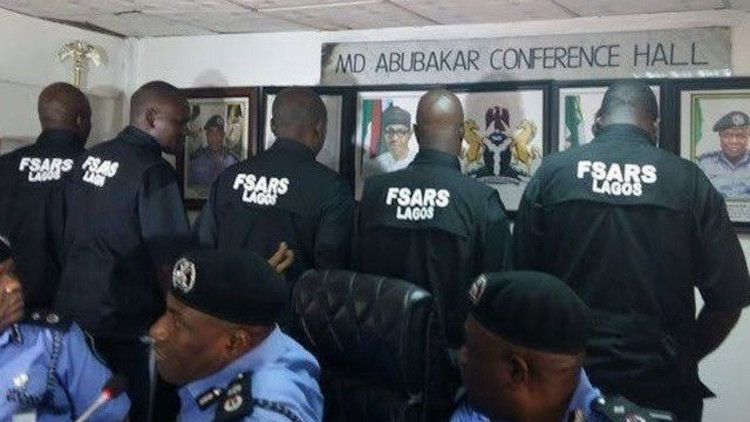Headlines
#SWAT Vs #SARS: 6 Shocking Details About Newly Formed SWAT

The Special Weapons and Tactics Team (SWAT) is the police unit created to replace SARS, the Nigerian Police Force (NPF) announced in a statement released on Tuesday, October 13.
Brandnewsday understands that the NPF has backup the newly formed unit with at least six insightful details, which was revealed after the SWAT unit established by the police to replace SARS.
In a statement released by the Inspector General of Police, Mohammed Adamu on the popular microblogging platform— Twitter, the SWAT unit was established to fill the imminent void of the disbanded Special Anti-Robbery Squad (SARS).
Mohammed Adamu explained further the following details about the newly-created unit:
#SWAT Vs #SARS
- Prospective members of this new team will undergo a psychological and medical examination to ascertain their fitness and eligibility for the new assignment.
- These members are to commence training at the different Police tactical training institutions nationwide, next week.
- The training schedules are as follows;
- Police Commands in the South-East and the South-South will be trained at the Counter-Terrorism College, Nonwa-Tai, Rivers State.
READ: BREAKING: #EndSARSNow: What Buhari Told IG Of Police To Do Over Protests
- Police Commands from the North will be trained at the Police Mobile Force Training College, Ende, Nasarawa State.
- Police Commands from the South-West will be trained at the Police Mobile Force Training College, Ila-Orangun, Osun State.
- The IGP ordered all operatives of the disbanded Special Anti-Robbery Squad (SARS) to report at the Force Headquarters, Abuja for debriefing, psychological and medical examination.
- The medical examination will be carried out by the newly set-up Police Counselling and Support Unit (PCSU), a unit, which henceforth shall engage in psychological management, re-orientation and training of officers of the Force deployed for tactical operations and other duties.
- The Police Counselling and Support Unit will consist of psychiatrists, psychologists, medics, pastors and imams, Public Relations practitioners, Civil Society and other Human Rights groups with relevant qualifications and expertise.





